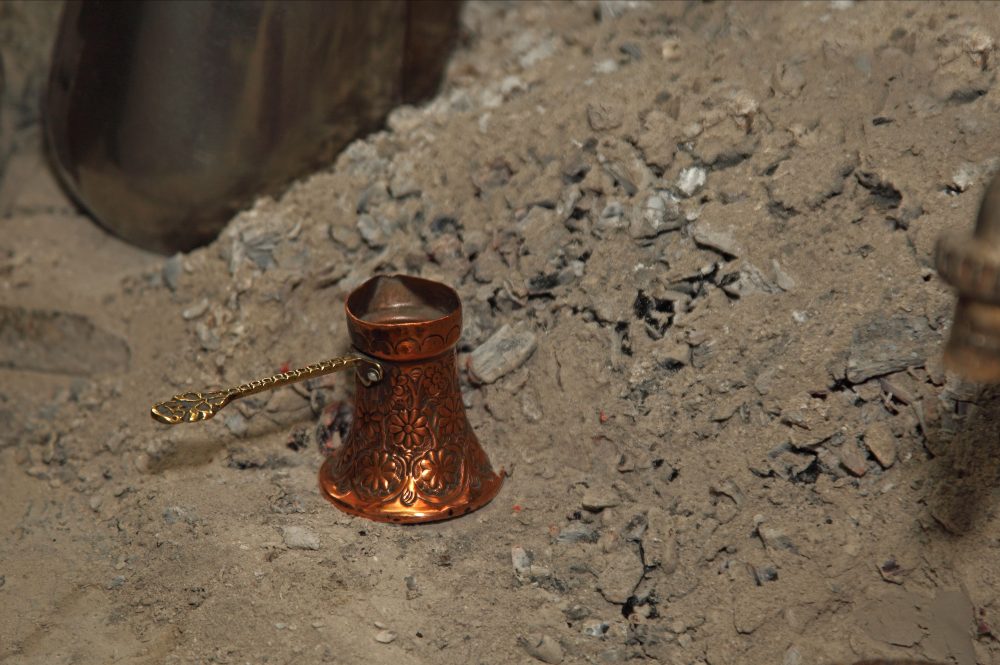Delight in a coffee anywhere, anytime
If you pass through Serbia by car, bicycle, or touring coach, you are sure to take one of our famous “coffee breaks”. No tourist trip is without them. If you’re ready for a local adventure, on the other hand, Serbia offers unique coffee experiences. If you miss the taste of coffee at home, we have solutions for that, too.
Coffee has been here since the arrival of the Ottoman Turks, and the first kafana, a place where people drink coffee, was opened in Belgrade in 1522. The word kafana comes from the Turkish word kafa (coffee). Over time, kafanas sprung up one after the other and became gathering places where people enjoyed their black Turkish coffee.
At the beginning of the 16th century in the areas near the Belgrade Fortress, distinguished people working in various fields gathered to exchange trade and war stories. From today’s perspective, one can say that this is where the habit of long talks over a cup of coffee came from, and it is undoubtedly specific to our region. Little is known of new kafanas in that period, but it is for sure that the largest number of inns and kafanas in Belgrade opened their doors in the late 19th and early 20th centuries. Records show that at the turn of two centuries, Belgrade had one kafana or inn for every 50 inhabitants.
A special place among Belgrade kafanas belongs to the oldest preserved kafana in Belgrade, Znak pitanja (“The Question Mark”), which was founded in 1833. Znak pitanja has been in the same place for almost 200 years. It was built in 1823 in the Balkan style and quickly became a gathering place for the great names of Serbian history and culture.

In Serbia, you can chat over a cup of coffee, work, or take a break, agree and disagree, and gossip. Respite and rest are the most beautiful over a cup of coffee. Homemade coffee is traditionally served with a glass of water and homemade fruit preserves (a sweet specialty made from boiled fruit and sugar).
On the other side of Serbia in the small southwestern town of Novi Pazar, drinking coffee is a real ritual that has been cherished for centuries.
The method of preparation is a separate story – in small shops called kafečajnice, fresh coffee is first roasted on the spot, then ground with a manual or electric grinder and brewed fresh. Coffee is brewed in small copper pots called džezvas , which have remained in use in this area as an influence of Turkish rule. The džezvas are placed on hot embers which help the coffee boil. What guarantees that the coffee is good is the foam on top, and only good coffee makers know the right measure.
If, however, you are in the mood for one of the modern coffees of the world’s metropolises, we have that too. Modern, perfectly designed cafeterias will refresh you and prepare you for new explorations of Serbia.
